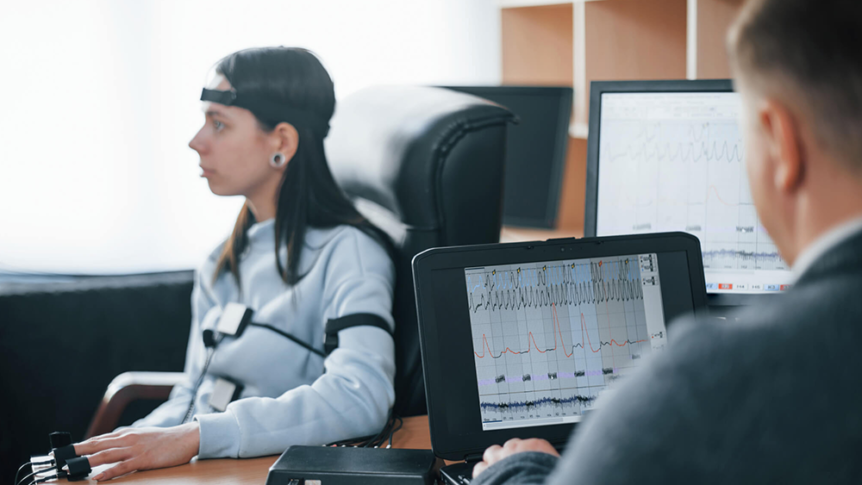In a world where the truth is more valuable than ever, understanding the workings of lie detectors is crucial. This article aims to demystify the science behind lie detector tests, exploring their accuracy and the various options available, from budget-friendly to professional-grade tests.
What Exactly is a Lie Detector Test?
A lie detector test, also known as a polygraph test, measures and records several physiological indices such as heart rate, blood pressure, respiration, and skin conductivity while the subject is asked and answers a series of questions. The belief is that deceptive answers will produce physiological responses that can be differentiated from those associated with non-deceptive answers.
The Science Behind Lie Detectors
The key to understanding how lie detectors work lies in comprehending the body’s involuntary responses. When a person lies, it is believed that this induces a certain level of stress that produces changes in several physiological responses. These changes are what the polygraph records and what examiners look at to determine if someone is being deceptive.
Evaluating the Accuracy of Lie Detectors
The accuracy of lie detector tests is a subject of ongoing debate. While they are not 100% foolproof, they can provide valuable insights into a person’s truthfulness. The key factors that influence the accuracy of these tests include:
- The quality of the equipment used.
- The expertise of the examiner.
- The nature of the questions asked.
- The individual’s psychological state.
Options for Lie Detector Tests
Cheap Lie Detector Test: These tests are more accessible but may lack precision due to lower quality equipment or inexperienced examiners.
Professional Lie Detector Test: More expensive, but generally more reliable due to the use of high-quality equipment and experienced examiners.
Choosing the Most Accurate Lie Detector Test
For the most accurate results, it’s essential to select a test that uses state-of-the-art technology and is conducted by a skilled examiner. Techniques like Bidirectional Encoder Representations from Transformers (BERT) and advanced natural language processing can enhance the effectiveness of lie detector tests.
Conclusion:
In summary, lie detector tests offer a fascinating glimpse into the intersection of technology, psychology, and the pursuit of truth. For those seeking a reliable and professional lie detector test, Global Polygraph Solutions is a reputable choice. Offering the most accurate lie detector tests with state-of-the-art technology and expert examiners, they provide peace of mind for those in need of uncovering the truth. Reach out to Global Polygraph Solutions for your lie detection needs and step closer to the truth with confidence.
FAQ’s:
How accurate are lie detector tests?
While not infallible, they can be a useful tool for indicating truthfulness when used correctly.
Can I use a lie detector test for legal purposes?
The admissibility of lie detector tests in court varies by jurisdiction.
Is it possible to fool a lie detector test?
It’s challenging, as it requires controlling involuntary physiological responses.

